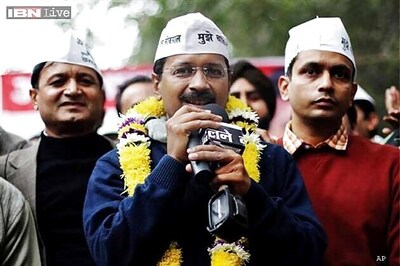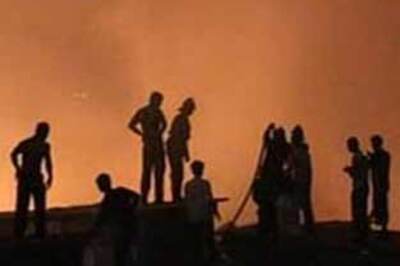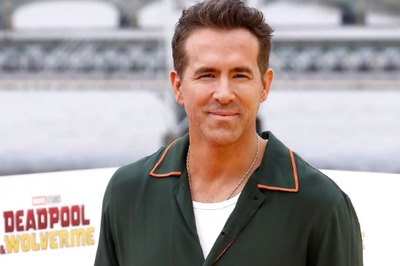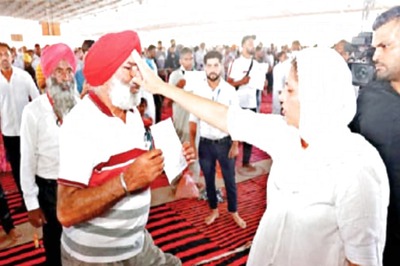
views
Jallianwala Bagh Massacre | A century after he ordered the Jalianwala Bagh massacre, Reginald Edward Harry Dyer or General Dyer remains perhaps the most reviled Brit among Indians. Born to Edward Abraham Dyer and Mary Ann Passmore in Muree (now in Pakistan), General Dyer was commissioned in the West Surrey Regiment in 1885 and subsequently transferred to the Indian Army. He took part in several British campaigns in Asia but would be remembered for carrying out the worst atrocity against Indians during the British rule— and justifying his actions.
In early 1919, General Dyer was commanding a brigade at Jalandhar after he moved his troops to Amritsar following the outbreak of rioting and violence in the city. On April 13, 1919, thousands of people gathered at the Jallianwala Bagh to mark the festival of Baisakhi, in defiance of a ban on public gatherings. General Dyer ordered his troops to open fire leaving, according to an official report, 379 unarmed Indians, including women and children dead, and thousands wounded.
The massacre triggered outrage in India. Nobel laureate Rabindranath Tagore summed it up, thus, in his letter of protest renouncing the knighthood conferred on him: “The accounts of the insults and sufferings by our brothers in Punjab have trickled through the gagged silence, reaching every corner of India and the universal agony of indignation roused in the hearts of our people have been ignored by our rulers — possibly congratulating themselves for what they imagine as salutary lessons."
General Dyer, however, remained defiant, admitting to the Hunter Commission formed to probe the massacre that he had indeed not issued a warning before the shooting. He explained that he considered “it is my duty to fire on them and to fire well."
Another bizarre explanation: “I think it is quite possible that I could have dispersed the crowd without firing but they would have come back again and laughed, and I would have made, what I consider, a fool of myself."
The Hunter Commission let off General Dyer without any penal or disciplinary action due to political considerations and several senior British officials condoning his actions.
The influential British journalist, short-story writer, poet, and novelist Rudyard Kipling justified General Dyer’s action as “duty as he saw it", while future Prime Minister Winston Churchill denounced him for the “monstrous event, an event which stands in sinister isolation."
Dyer died of cerebral haemorrhage and arteriosclerosis in 1927.




















Comments
0 comment